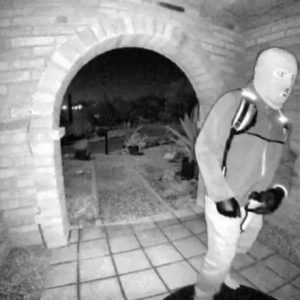I was still in my black funeral dress when my brother called, crying: “You knew.” Our parents had always said everything would be split evenly. I’d moved home when Dad’s memory failed—doctor visits, bills, caretaking. So when the lawyer read, “We bequeath all assets to our trusted friend, Ms. Irene Kappel,” my world spun. Irene—the kind neighbor who helped Mom after her stroke.
My brother’s eyes burned. “She helped them change it.” Then he left. Weeks passed in silence. When I finally went to Irene’s, she made tea and said, “Your mother didn’t want to burden you two. They thought this would prevent fighting.” “Well,” I said, “that didn’t work.” She let me stay in my parents’ house, though it felt wrong.
Then Ghilan sent a flyer—he was speaking at a panel on “Elder Financial Abuse.” I went. When I asked how to fix things when the people who knew the truth were gone, he finally met my eyes. Later, over lunch, we admitted we’d both wanted someone to blame. Maybe our parents had seen the tension between us and tried to avoid it. Months later, Irene called. “I want to give the house and rental back to you and your brother,” she said. “Your parents would want that.”
We signed the papers and turned the home into a memory room—photos, recipes, Dad’s tools. Irene came, writing in the guestbook: They raised good kids. I should’ve seen it sooner. Forgiveness takes time, but it holds better than anger.


